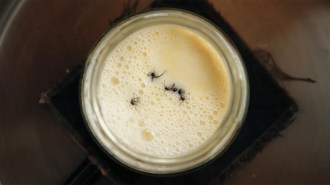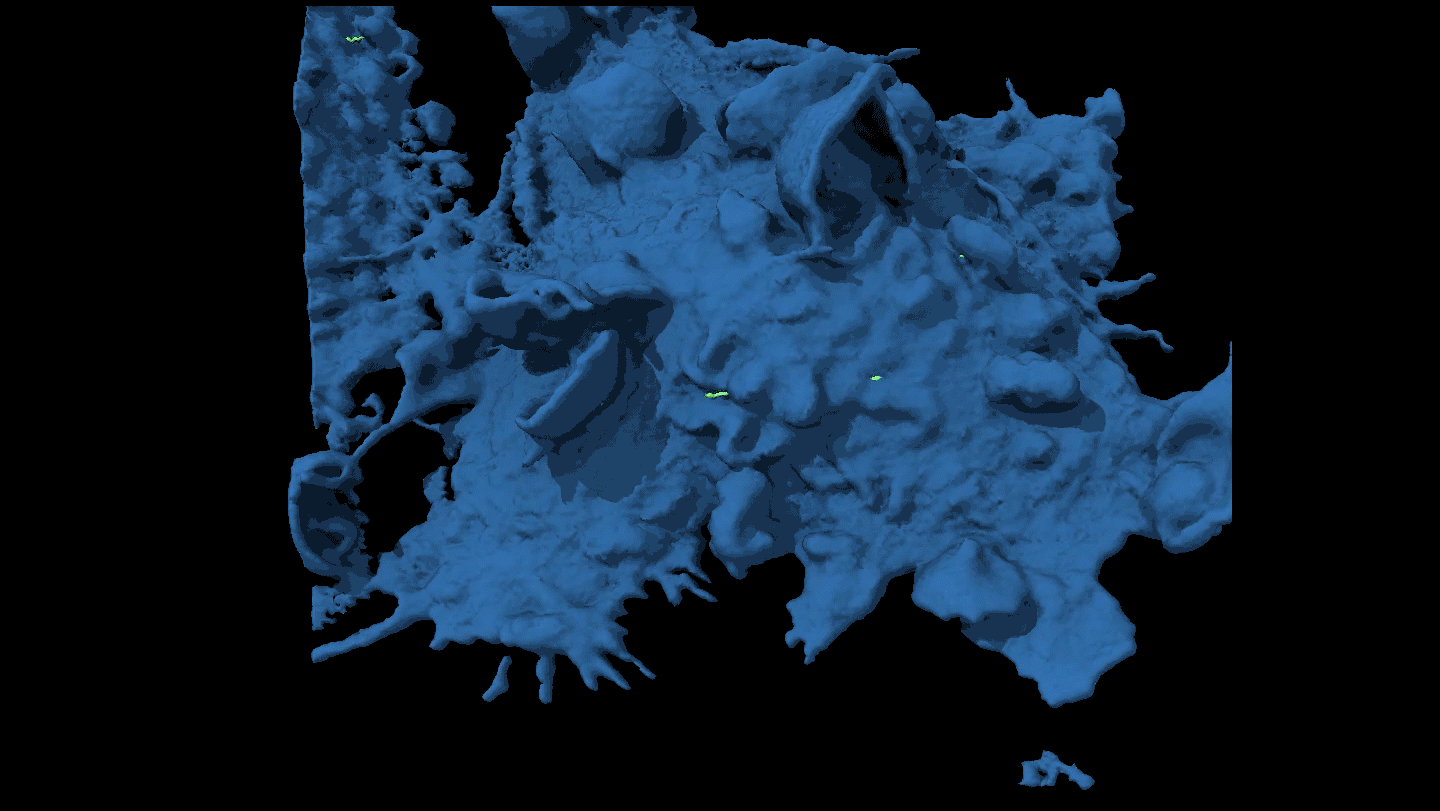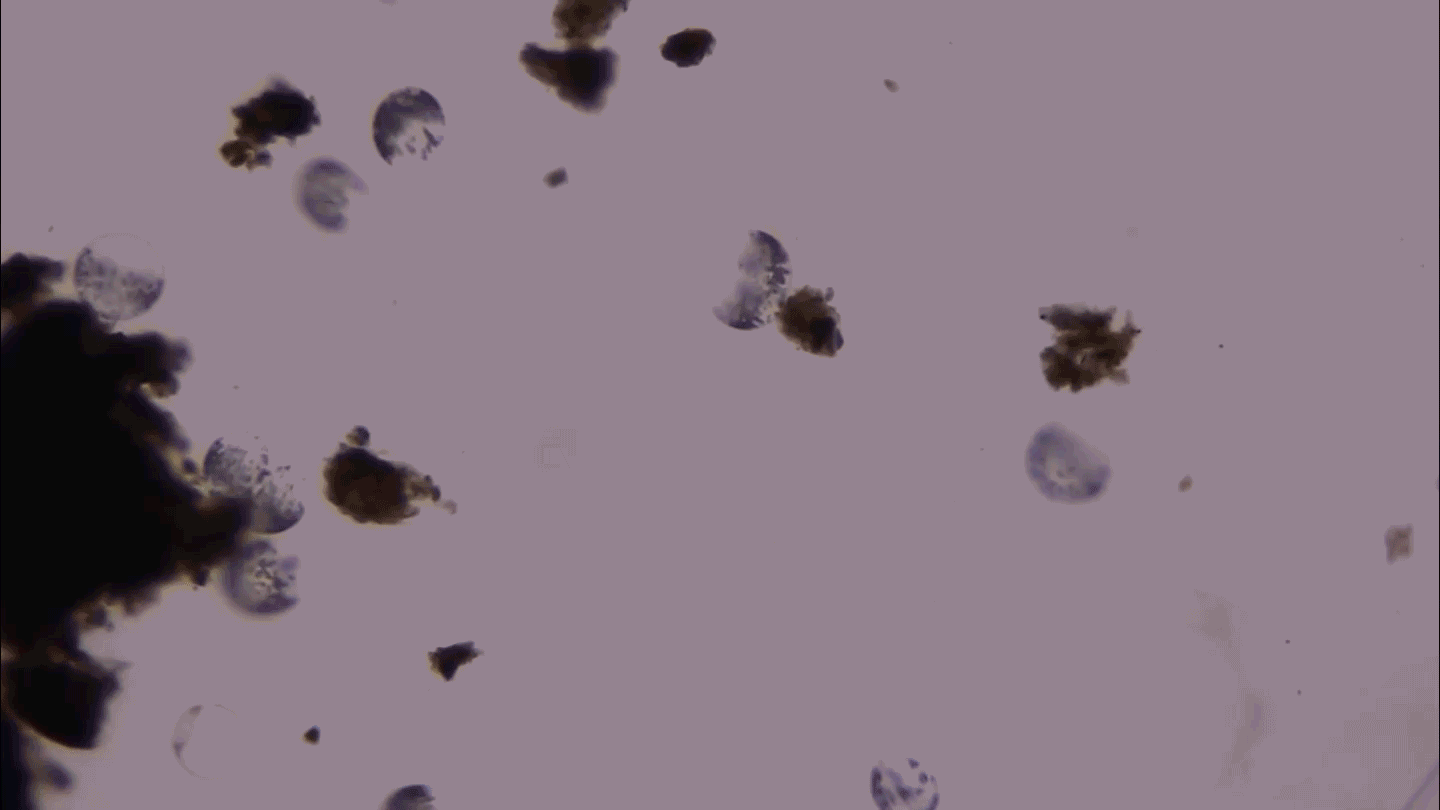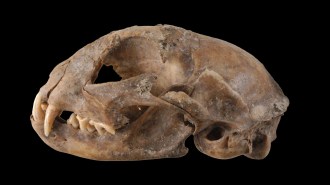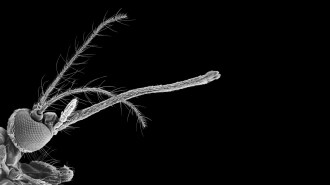Genes & Cells
Family ties in memory and breast cancer, plus diagnosing ancient deaths and more in this week’s news
Working memory is genetic
People who can juggle lots of information at the same time should thank their parents, a new study suggests. Working memory is used to hold pieces of information in the mind simultaneously, and some people have better working memories than others. Gabriëlla Blokland of the University of Queensland in Brisbane, Australia and colleagues scanned the brains of 319 twins who were performing working memory tasks. Identical twins’ brains performed more similarly to one another than did fraternal twins’, suggesting that working memory is strongly influenced by genetic factors. The results appear in the July 27 Journal of Neuroscience. —Laura Sanders
Shorter telomeres, earlier breast cancer
Gradually snipping off the ends of chromosomes may lead to progressively earlier breast cancers in families with inherited risk for the disease. Women with mutations in the breast cancer genes BRCA1 and BRCA2 or with other inherited mutations also had shorter telomeres — the protective end caps of chromosomes — than women in the general public, scientists at the Spanish National Cancer Research Center in Madrid report July 28 in PLoS Genetics. In families with hereditary breast cancer, daughters developed breast cancer at a younger age and had shorter telomeres than their mothers did. Measuring telomere length may help doctors design better screening plans. —Tina Hesman Saey
Quality over quantity in flu protection
Elderly people make effective flu-fighting antibodies, but often don’t make enough to keep viruses in check. This could explain why flu vaccines don’t work as well in older people, researchers from Stanford and the University of Chicago report in the August Journal of Clinical Investigation. The study also suggests that doctors can determine which vaccinated patients have generated an adequate number of antibodies to be safe from the flu. —Tina Hesman Saey
A diagnosis for CSI: Siberia
If you thought it took a long time for your lab tests to come back, consider the case of a man in Siberia. The man died in the late 17th century or early 18th century, but French and Russian scientists have only now figured out how to diagnose the illness that may have killed him. DNA taken from the man’s teeth and lungs reveals that he was infected with the bacterium that causes whooping cough. Teeth from other long-dead Siberians showed that they were infected with bacteria that cause pneumonia and dysentery, the researchers report online July 13 in PLoS ONE. The new technique may help researchers figure out which diseases killed people at different times in history. —Tina Hesman Saey

